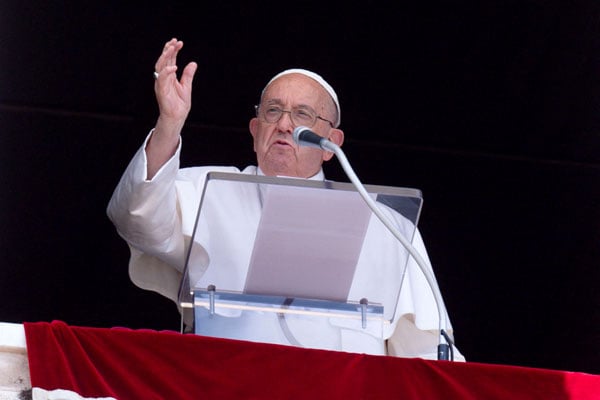Prime
Social responsibility key to a just, peaceful Uganda

What you need to know:
- Altruism and empathy involves an examination and respect for diverse perspectives and an ethic of social service to address local and global issues in a peaceful manner. Today these skills are necessary not just for a few Ugandans, but for most of the world’s population.
In 2014, my colleagues and I wrote a paper, “The Economic Aspects of Child and Human Sacrifice.”. Whenever the word ‘child sacrifice’ was mentioned, the quickest things that run through one’s mind were rituals, body mutilation, killing, murder, and witchcraft, among other things often associated with sacrificial rituals. These were usually believed to have economic benefits such as wealth and prosperity, fueled by poverty and trickery by traditional healers.
Today, citizens are being killed, some with no specific economic gains attached. In the 2020 Uganda Police Report of April 19, 2021, 4,460 people were killed in 12 months, translating into at least 12 murders daily, through assault, poisoning, shooting or mob action. According to Grace Akullo (Daily Monitor May 27, 2019), the reason behind such murders include land wrangles, business rivalry, delayed justice and family disputes, while jealousy, greed, poverty, anger and, poor security are suspected to perpetuate the murders (Daily Monitor Wednesday September 4, 2019, p.16).
These murders of innocent citizens in Uganda raise some questions. In what ways did the education of the offenders nurture them to take the lives of innocent civilians who are not engaged in war or combat? How did the teaching received at home and school shape such prejudiced and inhuman acts towards their humanity? To what extent has the education of people prepared them to be good citizens - socially responsible people, respecting the rights of all individuals and promoting a safe, just and peaceful society for all people to live. The answer is somehow clear: homes, schools and colleges in Uganda and probably around the world may not be adequately preparing their students and other citizens to understand the nature of shared humanity - planetary citizenship.
Students need to be groomed to be socially responsible citizens - the concern for the self, for others and for the global events and to respond to them effectively. They need to identify with efforts against injustice; respect diverse perspectives and address issues with the understanding of their consequences. Three tenets; individual responsibility, justice and, altruism and empathy. Individual responsibility requires that individuals are made aware of their social responsibility to themselves, to others, to their society and beyond. This requires empathy and an ability to see differences as opportunities for constructive, respectful, and peaceful co-existence. Justice is an ethical dimension that includes a commitment to basic equality and the rights of all persons irrespective of where they are in the world, a disposition to act to uphold those rights, and willingness to promote a safe, just, stable and peaceful society.
Altruism and empathy involves an examination and respect for diverse perspectives and an ethic of social service to address local and global issues in a peaceful manner. Today these skills are necessary not just for a few Ugandans, but for most of the world’s population.
By and large, education institutions are well positioned to contribute to the key tenets of social responsibility. They can do that by placing those objectives squarely in the middle of their institutional missions, visions and objectives. It is also well within the special community engagement responsibility of higher education to educate the public on issues related to social responsibility. Higher education can produce the body of knowledge about social responsibility that the public can freely access. Finally, colleges and universities can evaluate the different programs that exist or can be developed to support social responsibility at all education levels - thus creating a scientific knowledge base that can help discern what works well, with what effects, and at what cost, in sensitizing the public about our shared humanity. The creation of an empirically based body of knowledge about social responsibility is an opportunity for schools to take a central role in promoting a peaceful world.
At a time when the security challenges that our nation faces heighten the need for such intervention, commitment from the trustees for leadership and support is crucial. Government can start a crusade to prepare the mindset of Ugandans to help enhance human values - much in the same way the NRA took a leading role in liberating Uganda in the 1980s, the move to promote development by supporting science education in high school in the 2000s, and more recently, the sensitization about Corona virus epidemic and terrorism.
Enough is enough; enough tears have been shed. Let all Ugandans rise and work together to promote a safe, fair and peaceful society for our children and generations to come.
Justin Ayebare




